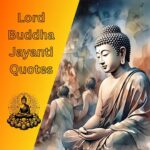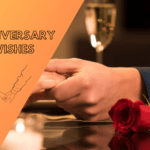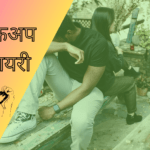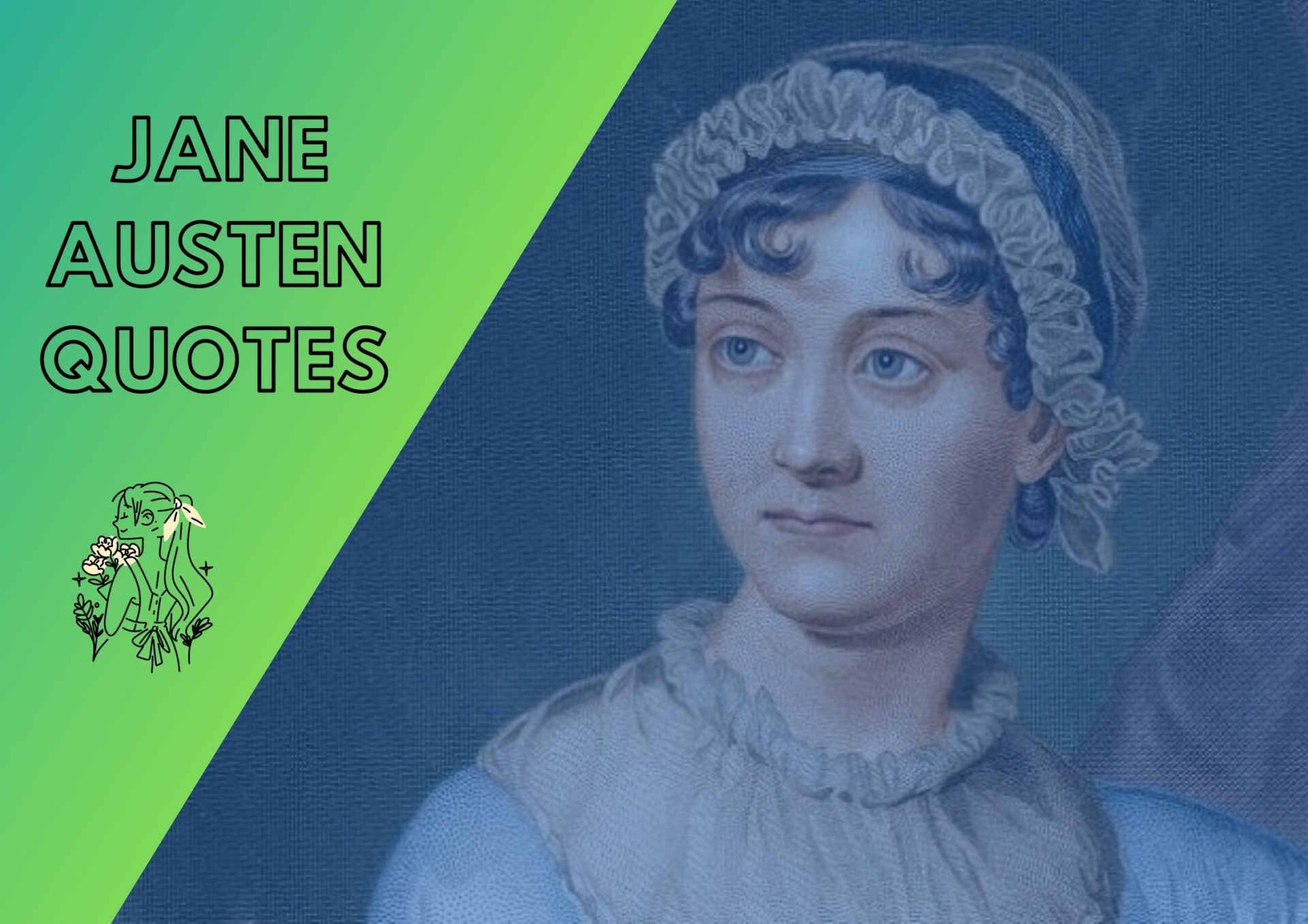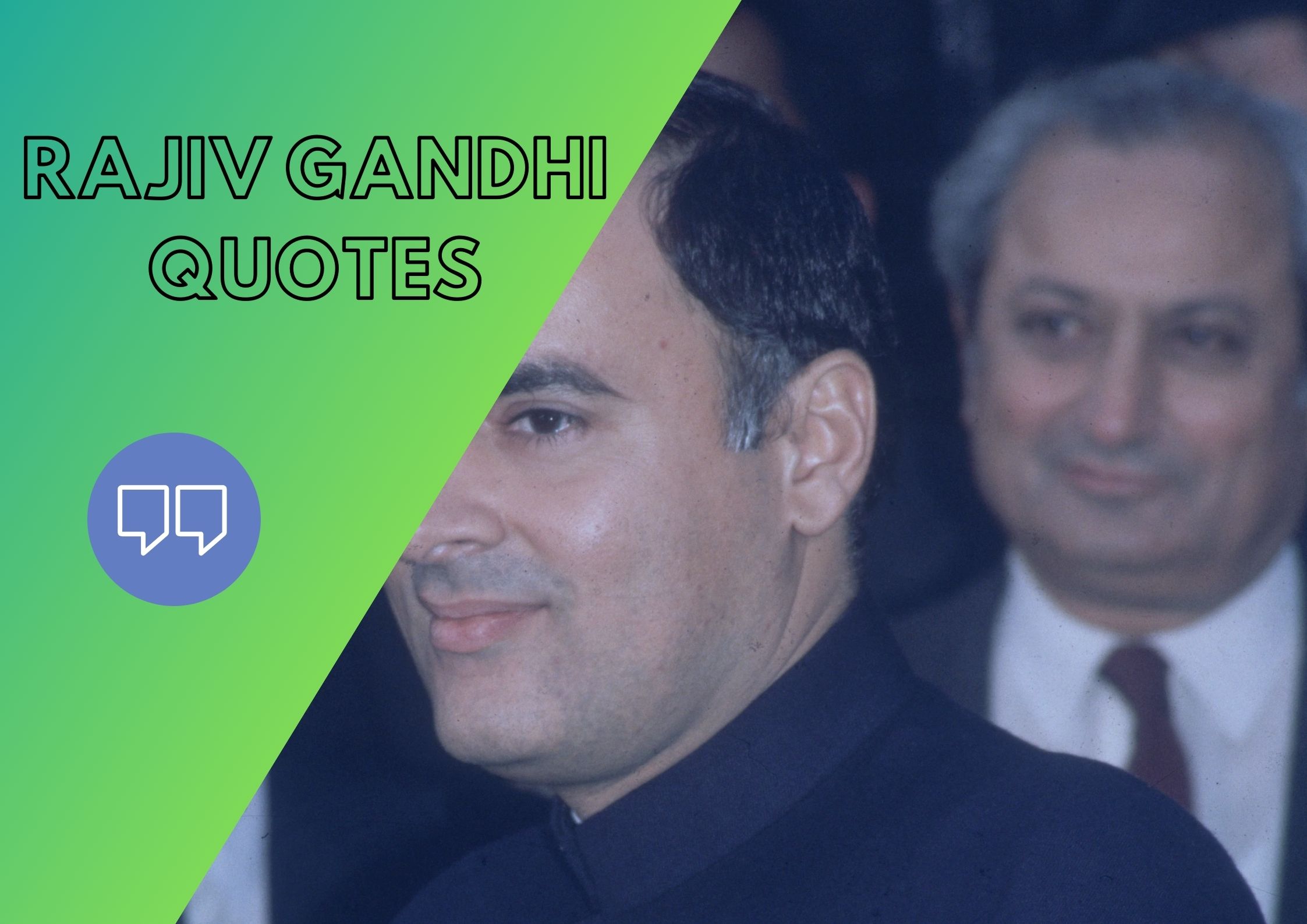Sitting Bull, the esteemed Native American leader, left behind inspirational quotes that echo wisdom, resilience, and the preservation of indigenous culture. His words emphasize freedom, unity, and the sacred connection with the land. Sitting Bull’s quotes advocate for peace, respect for nature, and the defense of his people’s rights. They inspire courage, resilience, and a deep reverence for traditions, urging individuals to stand firm against adversity while striving for harmony, justice, and the preservation of indigenous heritage.
Sitting Bull Quotes
Behold, my friends, the spring is come; the earth has gladly received the embraces of the sun, and we shall soon see the results of their love!
I wish it to be remembered that I was the last man of my tribe to surrender my rifle.
What white man can say I never stole his land or a penny of his money? Yet they say that I am a thief.
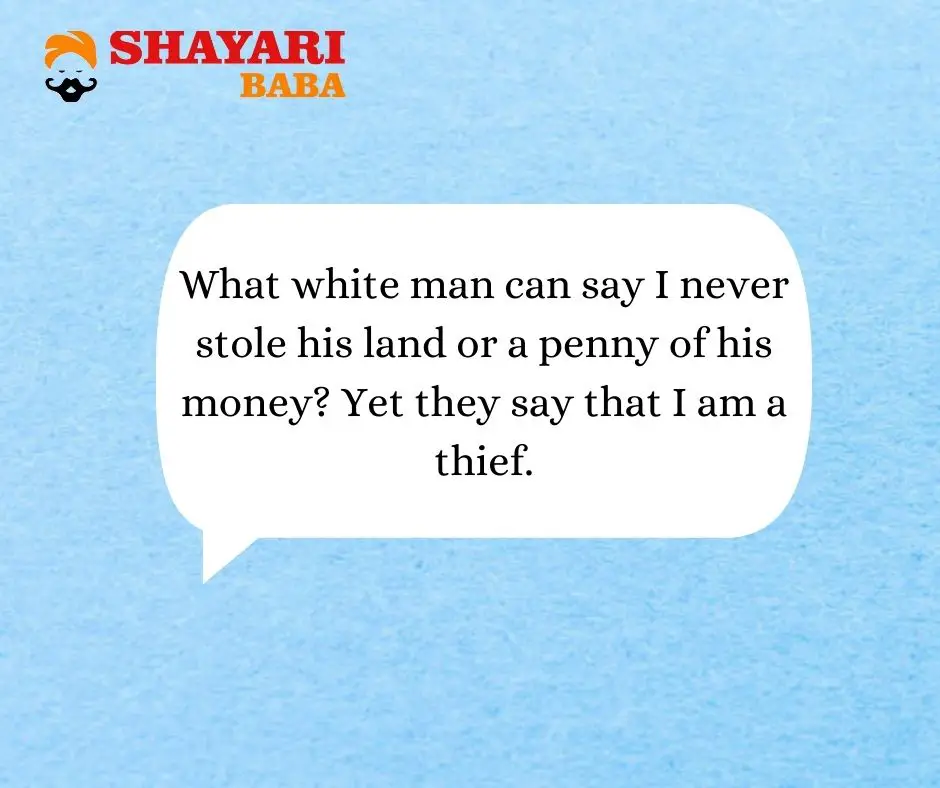
The earth has received the embrace of the sun and we shall see the results of that love.
Strangely enough, they have a mind to till the soil, and the love of possessions is a disease with them.
I want to tell you that if the Great Spirit had chosen anyone to be the chief of this country, it is myself.
If we must die, we die defending our rights.
Is it wrong for me to love my own? Is it wicked for me because my skin is red? Because I am a Sioux; because I was born where my father lived; because I would die for my people and my country?
Let us put our minds together and see what life we can make for our children.
The white man knows how to make everything, but he does not know how to distribute it.
What treaty that the whites have kept has the red man broken? Not one.
Each man is good in His sight. It is not necessary for eagles to be crows.
The life of an Indian is like the wings of the air. That is why you notice the hawk knows how to get his prey. The Indian is like that. The hawk swoops down on its prey, so does the Indian. In his lament, he is like an animal. For instance, the coyote is sly; so is the Indian. The eagle is the same. That is why the Indian is always feathered up; he is a relative to the wings of the air.
I am here by the will of the Great Spirit, and by his will I am chief.
The love of possessions is a disease in them.
You think I am a fool, but you are a greater fool than I am.
What white woman, however lonely, was ever captive or insulted by me? Yet they say I am a bad Indian.
We want to take good tidings home to our people, that they may sleep in peace.
The love of possessions is a disease in them that we cannot take too much pains to drive out of them.
I would rather die an Indian than live a white man.
Do not let selfish men or greedy interests skin your country of its beauty, its riches or its romance.
I am a red man. If the Great Spirit had desired me to be a white man he would have made me so in the first place.
The white man’s government promised to protect us Indians from the white man’s greed. We agreed to abide by it.
Behold, my brothers, the spring has come; the earth has received the embraces of the sun and we shall soon see the results of that love!
I cannot think that we are useless or God would not have created us. There is one God looking down on us all. We are all the children of one God. The sun, the darkness, the winds are all listening to what we have to say.
I wish it to be remembered that I was the last man of my tribe to surrender my rifle.
I would like to call upon every man, woman, and child, to stand up and speak the truth, even as I do now.
The earth does not belong to us: we belong to the earth.
Strikes made in the morning are not blessed by the day.
Only seven generations have passed since the Creator made the world. It is not a long time.
When I was a boy, the Sioux owned the world. The sun rose and set on their land; they sent ten thousand men to battle. Where are the warriors today? Who slew them? Where are our lands? Who owns them?
The white man knows how to make everything, but he does not know how to distribute it.

The strength of the nation lies in the homes of the people.
I am a Lakota. My father was a Lakota. My grandfather was a Lakota. It is the country of our fathers, the country of the buffalo, and the beaver. It is the land of green grass, good water, and good timber.
What treaty that the whites have kept has the red man broken? Not one.
We are the poorest of the poor. We have only one blanket—the earth; and only one right—to live upon it.
You are fools to make yourselves slaves to a piece of fat bacon, some hard-tack, and a little sugar and coffee.
There can never be peace between nations until there is first known that true peace which is within the souls of men.
Each man is good in His sight. It is not necessary for eagles to be crows.
Behold, the Spring has come; the Earth has received the embraces of the Sun and we shall soon see the results of that love!
Do not grieve. Misfortunes will happen to the wisest and best of men. Death will come, always out of season. It is the command of the Great Spirit, and all nations and people must obey. What is past and what cannot be prevented should not be grieved for.
I would rather live in the south where the laws of the white man do not reach. I have no country here.
You are fools to make yourselves slaves to a piece of fat bacon, some hard-tack, and a little sugar and coffee.
It is through this mysterious power that we too have our being, and we therefore yield to our neighbors, even to our animal neighbors, the same right as ourselves to inhabit this vast land.
The Great Spirit has made us all. He has made many different varieties of men and beasts and gave them their different lands.
The life of an Indian is like the wings of the air. That is why you notice the hawk knows how to get his prey. The Indian is like that. The hawk swoops down on its prey; so does the Indian.
All who know me will bear witness that I have given my countrymen my best advice and counsel.
I would like to have seen the white man’s face when he rode up and saw his men whipped by a lot of Sioux Indians.
The soldier, above all other people, prays for peace, for he must suffer and bear the deepest wounds and scars of war.
What white man can say I never stole his land or a penny of his money? Yet they say that I am a thief.
The earth has received the embrace of the sun and we shall see the results of that love.
The Indian loves to make a noise and all the world may hear.
I wish to be allowed to live as I have lived heretofore and as my children have lived after me.
I have killed, robbed, and injured too many white men to believe in a good peace. They are medicine, and I would die if I should be good friends with them.
War is not a commendable alternative, but neither does peace have to be at any price.
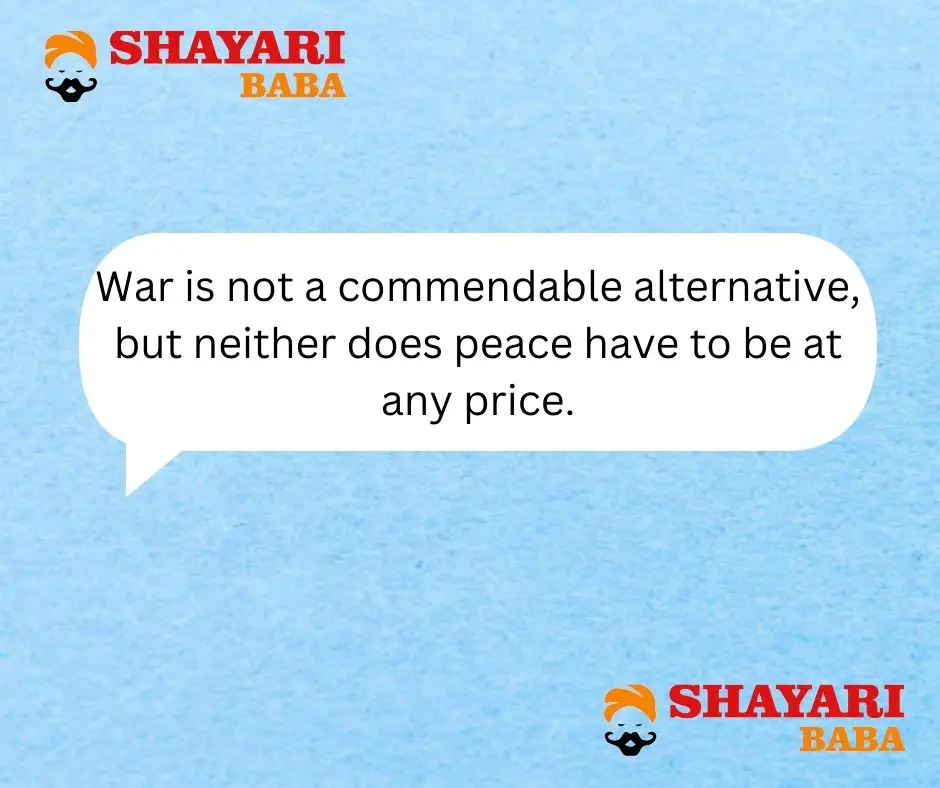
The white people must treat the Indian as they treat each other.
The love of possessions is a disease with them.
One does not sell the land people walk on.
When I was a boy, the Sioux owned the world. The sun rose and set on their land; they sent ten thousand men to battle. Where are the warriors today? Who slew them? Where are our lands? Who owns them?
I am here by the will of the Great Spirit, and by his will I am chief.
We are not hostile. We are not unfaithful. We are desperate.
It is not necessary for eagles to be crows.
We were taught to believe that the Great Spirit sees and hears everything, and that He never forgets; that hereafter He will give every man a spirit-home according to his deserts: if he has been a good man, he will have a good home; if he has been a bad man, he will have a bad home.
The whites want war. We are all fugitives now.
I wish you to understand that there is no need for you to go away. You have not offended me in the least.
In my early days, I was eager to learn and to do things, and therefore I learned quickly.
If the Great Spirit had desired me to be a white man, He would have made me so in the first place.
The only thing I shall carry back with me is the memory of your sufferings.
The sun, the darkness, the winds are all listening to what we now say.

It is my land, my home, my father’s land, to which I now ask to be allowed to return. I want to spend my last days there, and be buried among those mountains. If this could be I might die in peace, feeling that my people, placed in their native homes, would increase in numbers, rather than diminish as at present, and that our name would not become extinct.


